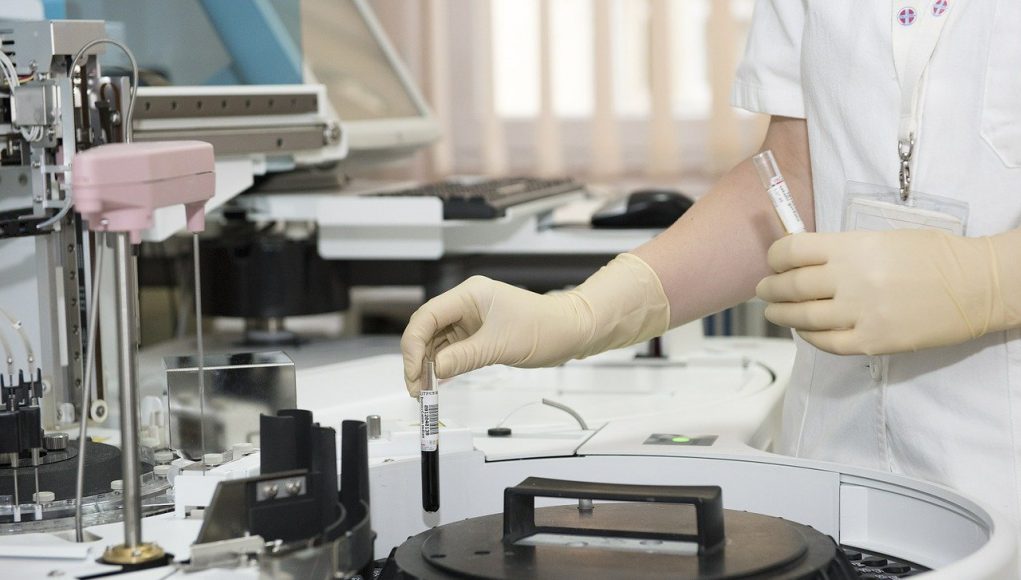Our gut flora or microbiota, are the complex community of bacteria that live in the digestive tracts of humans and other animals. When the populations of our gut flora are in balance they are beneficial to us, and help us with the digestion of food, regulation of weight and the prevention of a number of health conditions.
It is well documented that cigarettes have an adverse affect on our gut flora. Given that many believe that vaping has similar detrimental health effects as smoking, the current study aimed to determine whether it negatively affects our microbiome.
Titled, “E-Cigarette Vapour Alters High-Fat Diet-Induced Systemic Inflammatory Responses but Has No Effect on High-Fat Diet-Induced Changes in Gut Microbiota,” the study was conducted on mice by feeding them a high fat diet (HFD) and then splitting them into two groups, one exposed to vapour and one not. Following this, the researchers took samples to measure the serum inflammation, lipid levels, and microbial diversity in both groups.
The compiled data indicated that while the HFD had an effect on the microbiome of the mice, vapour exposure did not. “HFD had a significant effect on microbial diversity, but there were no additional effects of e-vapour exposure.” The research team explained that while vapour induced increases in circulating inflammatory markers and demonstrated certain levels of toxicity, they found no additional effects of exposure on HFD-induced changes in the gut microbiota.
Similarly, in a 2021 study researchers from Newcastle University, examined samples of the gut bacteria of smokers, non-smokers and vapers, and found significant changes in the gut bacteria of the smoking participants, with an increase in a strand of bacteria which is linked to an increased risk of colon cancer and colitis. Smokers were also found to have a significant decrease in the beneficial bacteria or probiotic Bacteroides, a lack of which has been associated with Crohn’s disease and obesity. However, the gut flora of vapers was the same as that of non-smokers.
Studies on vaping and DNA damage
On the other hand, a study published in the journal Nicotine and Tobacco Research, reported that both those who smoked and vaped frequently had higher DNA damage. Titled, “Vaping Dose, Device Type, and E-Liquid Flavor are Determinants of DNA Damage in Electronic Cigarette Users,” the study analyzed samples of epithelial cells taken from the mouths of vapers, smokers and people who had never vaped or smoked. The research team found that both vapers and smokers had more than twice the amount of DNA damage than non-users.
While another recent study published in Scientific Reports, had linked vaping to changes in mitochondrial and immune response genes. Titled, “A novel role for vaping in mitochondrial gene dysregulation and inflammation fundamental to disease development,” the study recruited a diverse group of 82 healthy adults and separated them into three groups: current vapers, with and without a prior history of smoking; people who exclusively smoke cigarettes; and a control group of never-smokers and never-vapers.
After conducting a number of biochemical tests to detect any changes in gene regulation and a comprehensive interview so as to be able to link test results with their consumption behaviour, the researchers found significant dysregulation of immune response genes in both vapers and smokers.












